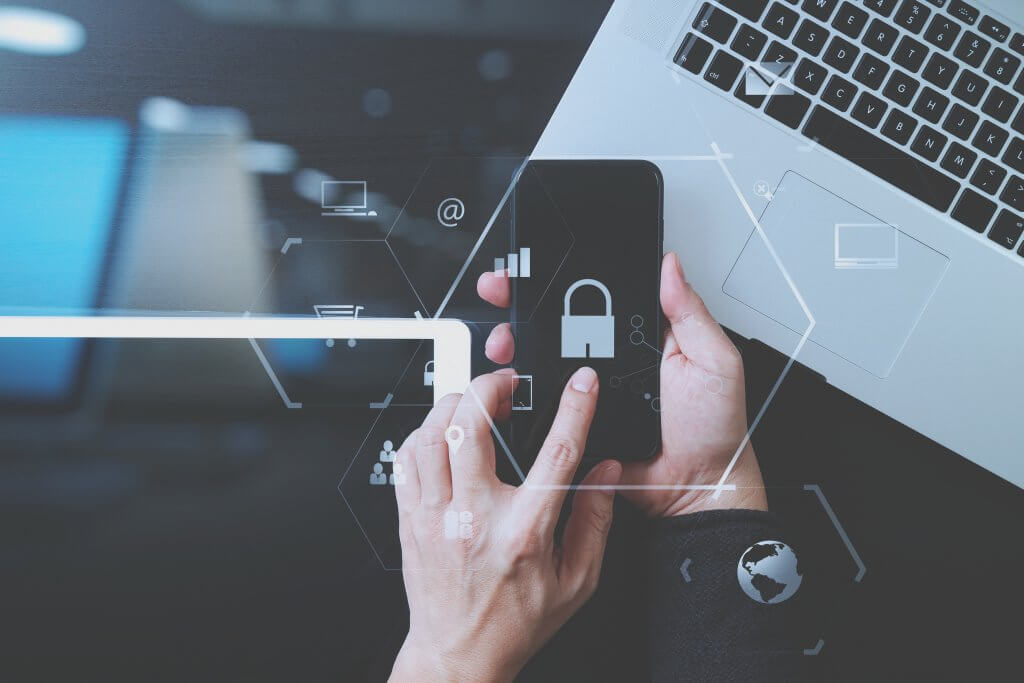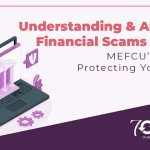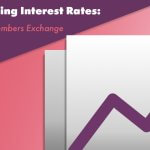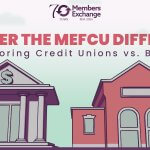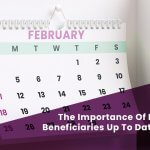With the ongoing events related to COVID-19, please beware of potential scams. Many fraudsters are pretending to be credible sources, such as the World Health Organization (WHO) and Johns Hopkins University. Most commonly, they are targeting victims through phishing emails, phone calls, text messages, and social media. To help protect yourself against fraudsters, do not share your bank information, passwords or other sensitive information with any entity you do not know.
How to Protect Yourself from Scams
- Only use reputable sources when searching for information about the coronavirus.
- Pay close attention to emails from senders you do not know or appear they are not from a trusted source.
- Never click on attachments, links or provide sensitive information via an unsecured website or email.
- Be cautious of emails or phone calls unprompted by you in which they are requesting personal information from you.
The Better Business Bureau Reminds Individuals to be Cautious of Scams
As a reminder, if you suspect any fraudulent activity to your account, please contact us immediately at 601.922.3350. You can also report suspicious or fraudulent activity to the Federal Trade Commission (FTC) and the Better Business Bureau (BBB).
